基于51單片機(jī)的DS18B20溫度測(cè)量實(shí)驗(yàn)
unsigned char tmrbyte (void) //讀一個(gè)字節(jié)
{
unsigned char i,j,dat;
dat = 0;
for (i=1;i=8;i++)
{ j = tmrbit(); dat = (j 7) | (dat >> 1); }
return (dat);
}
void tmwbyte (unsigned char dat) //寫一個(gè)字節(jié)
{
unsigned char j,i;
bit testb;
for (j=1;j=8;j++)
{ testb = dat 0x01;
dat = dat >> 1;
if (testb)
{ TMDAT = 0; //寫0
i++; i++;
TMDAT = 1;
for(i=0;i8;i++); }
else
{ TMDAT = 0; //寫0
for(i=0;i8;i++);
TMDAT = 1;
i++; i++;}
}
}
void tmstart (void) //發(fā)送ds1820 開始轉(zhuǎn)換
{ tmreset(); //復(fù)位
dmsec(1); //延時(shí)
tmwbyte(0xcc); //跳過序列號(hào)命令
tmwbyte(0x44); //發(fā)轉(zhuǎn)換命令 44H,
}
void tmrtemp (void) //讀取溫度
{
unsigned char a,b;
tmreset (); //復(fù)位
dmsec (1); //延時(shí)
tmwbyte (0xcc); //跳過序列號(hào)命令
tmwbyte (0xbe); //發(fā)送讀取命令
a = tmrbyte (); //讀取低位溫度
b = tmrbyte (); //讀取高位溫度
if(b>0x7f) //最高位為1時(shí)溫度是負(fù)
{a=~a; b=~b+1; //補(bǔ)碼轉(zhuǎn)換,取反加一
fg=0; //讀取溫度為負(fù)時(shí)fg=0
}
sdata = a/16+b*16; //整數(shù)部分
xiaoshu1 = (a0x0f)*10/16; //小數(shù)第一位
xiaoshu2 = (a0x0f)*100/16%10;//小數(shù)第二位
xiaoshu=xiaoshu1*10+xiaoshu2; //小數(shù)兩位
}
void DS18B20PRO(void)
{ tmstart();
//dmsec(5); //如果是不斷地讀取的話可以不延時(shí) //
tmrtemp(); //讀取溫度,執(zhí)行完畢溫度將存于TMP中 //
}
void Led()
{
if(fg==1) //溫度為正時(shí)顯示的數(shù)據(jù)
{ P2=P20xef;
P0=seg7code[sdata/10]; //輸出十位數(shù)
Delay(8); P2=P2|0xf0; P2=P20xdf;
P0=seg7code[sdata%10]|0x80; //輸出個(gè)位和小數(shù)點(diǎn)
Delay(8); P2=P2|0xf0; P2=P20xbf;
P0=seg7code[xiaoshu1]; //輸出小數(shù)點(diǎn)后第一位
Delay(8); P2=P2|0xf0; P2=P20x7f;
P0=seg7code[xiaoshu2]; //輸出小數(shù)點(diǎn)后第二位
Delay(4); P2=P2|0xf0;
}
if(fg==0) //溫度為負(fù)時(shí)顯示的數(shù)據(jù)
{ P2=P20xef;
P0=seg7code[11]; //負(fù)號(hào)
Delay(8); P2=P2|0xf0; P2=P20xdf;
P0=seg7code[sdata/10]|0x80; //輸出十位數(shù)
Delay(8); P2=P2|0xf0; P2=P20xbf;
P0=seg7code[sdata%10]; //輸出個(gè)位和小數(shù)點(diǎn)
Delay(8); P2=P2|0xf0; P2=P20x7f;
P0=seg7code[xiaoshu1]; //輸出小數(shù)點(diǎn)后第一位
Delay(4); P2=P2|0xf0;
}
}
main()
{fg=1;
while(1)
{
DS18B20PRO();
Led();
}
}本文引用地址:http://www.butianyuan.cn/article/171193.htm
接地電阻相關(guān)文章:接地電阻測(cè)試方法



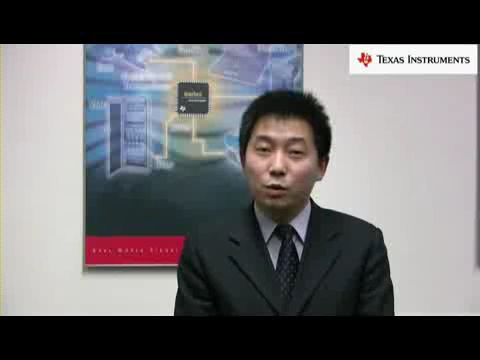

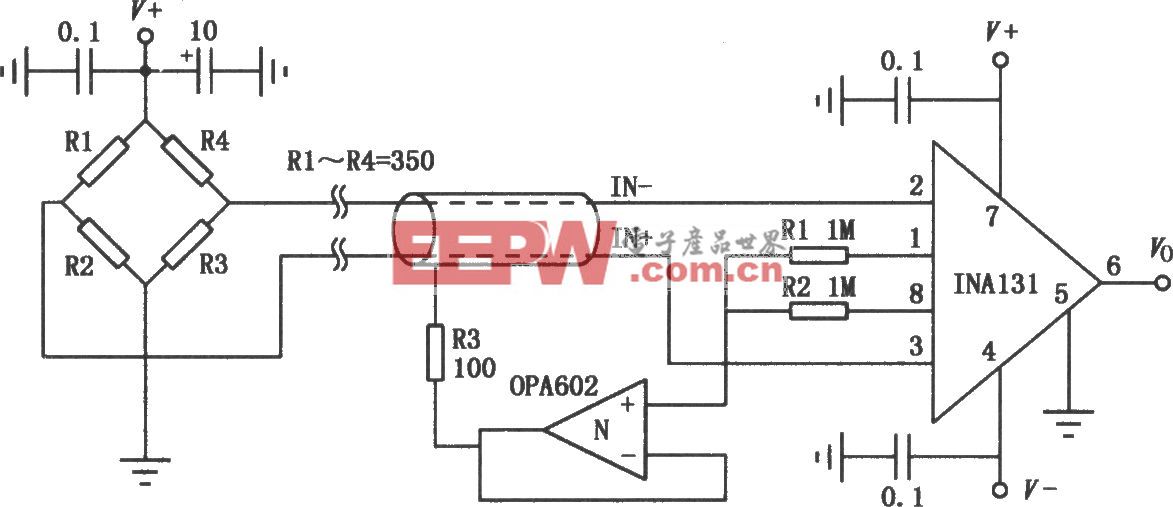
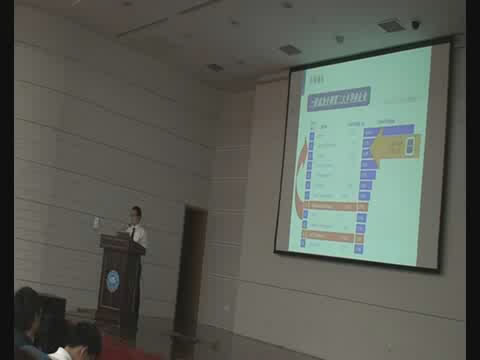
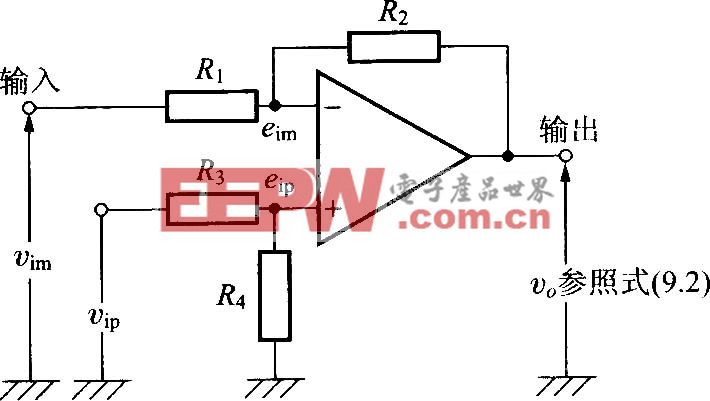
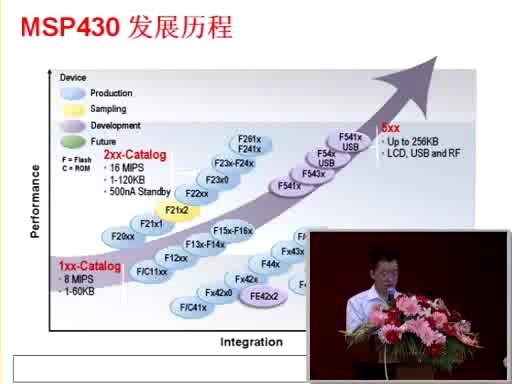


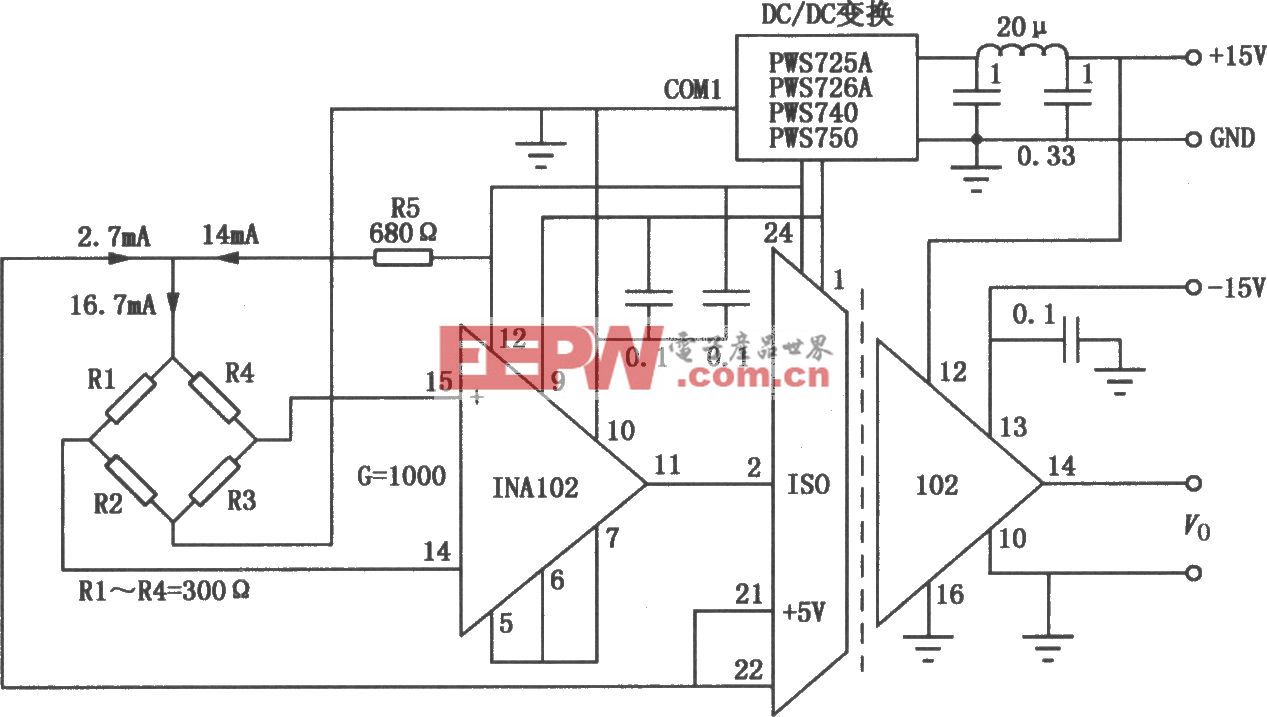
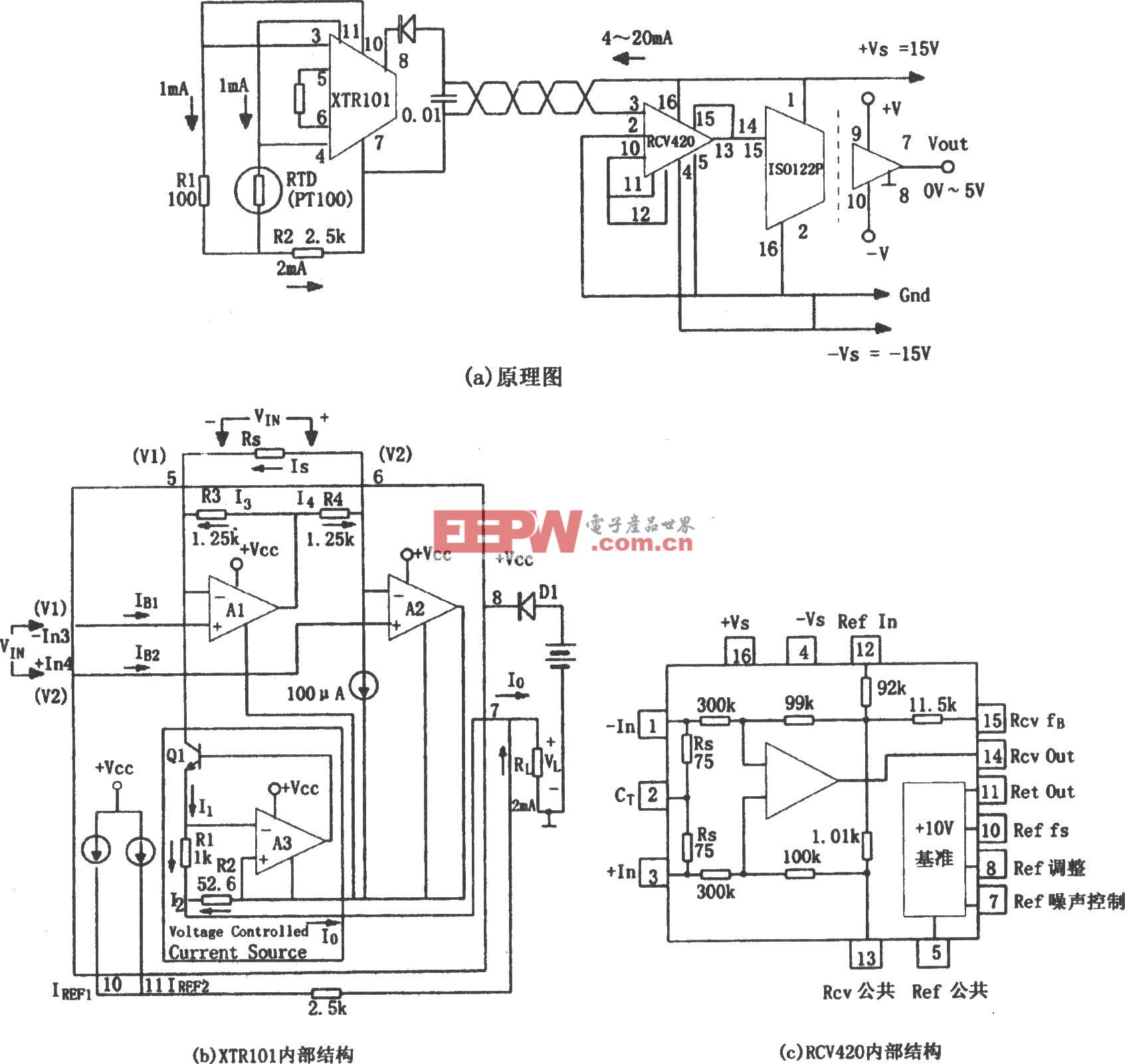
評(píng)論